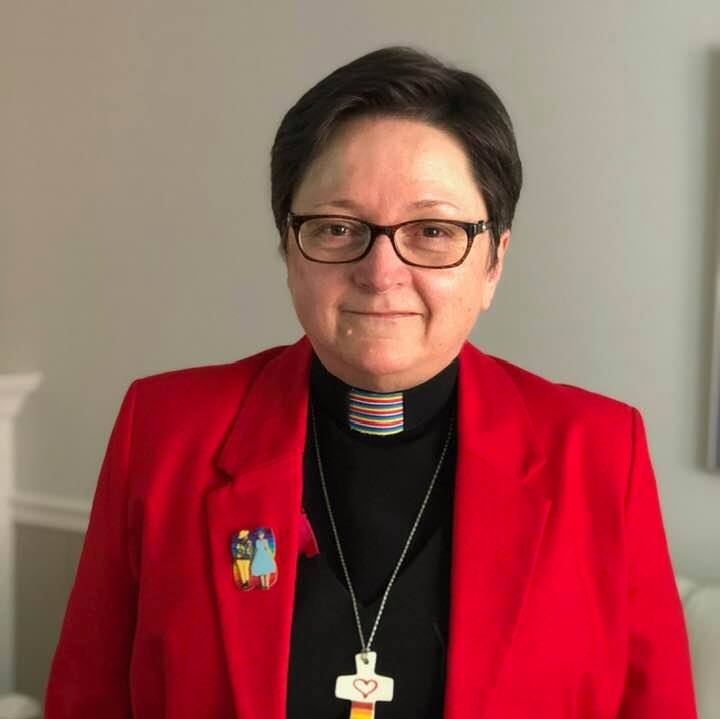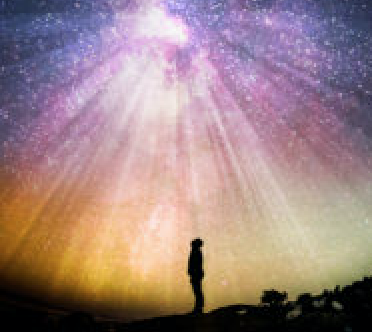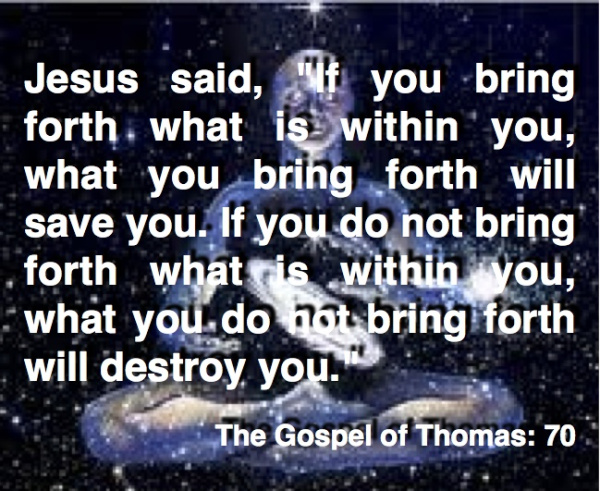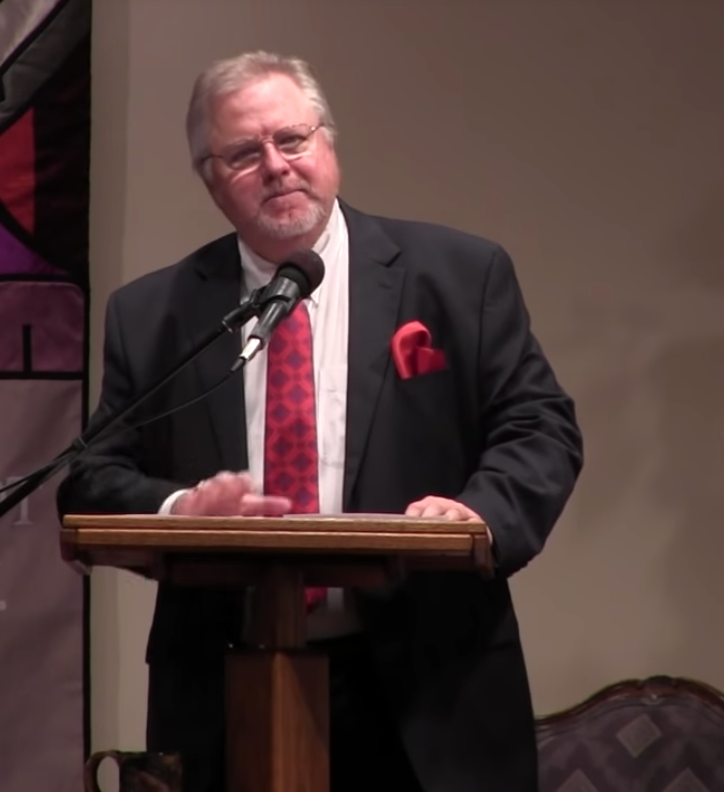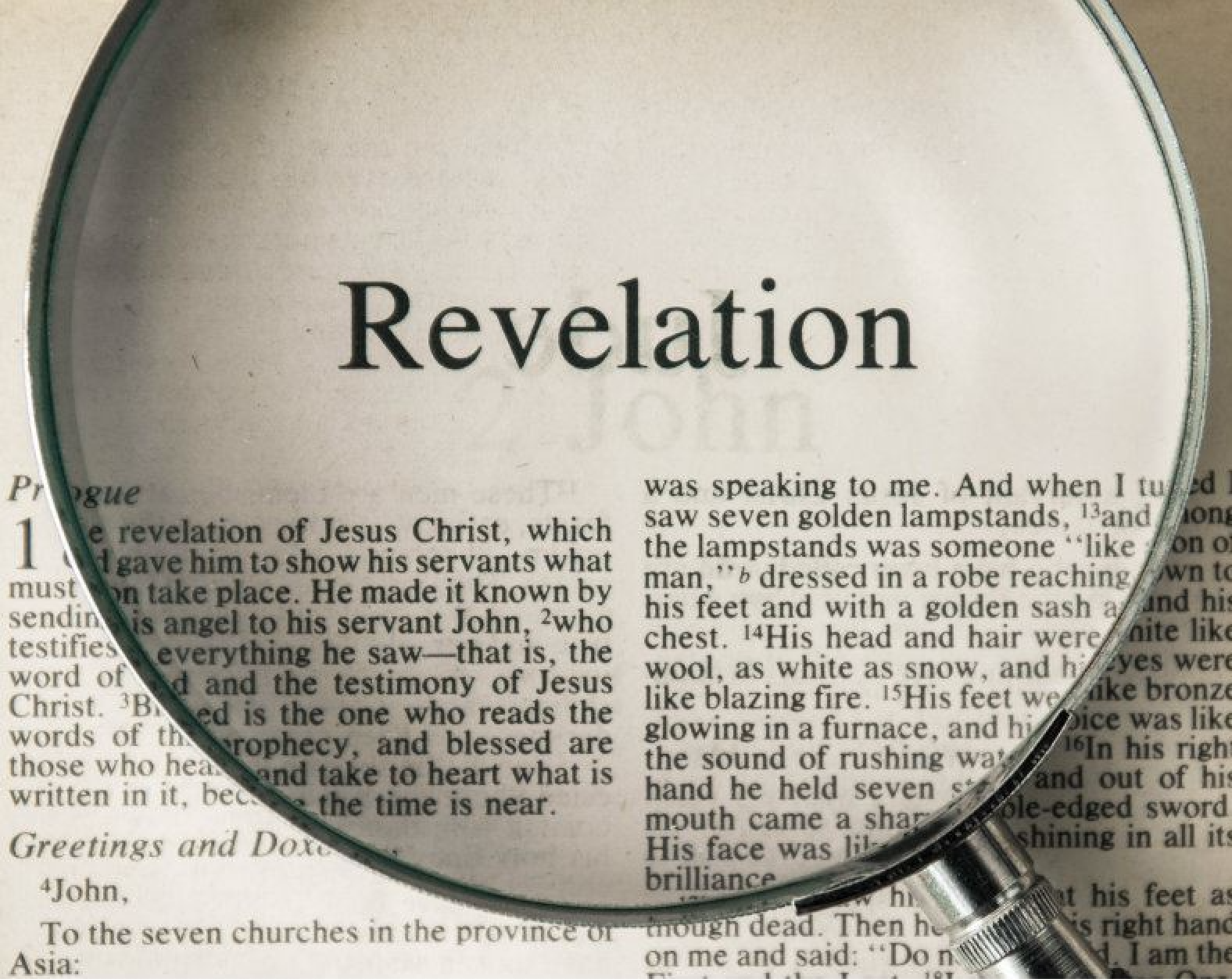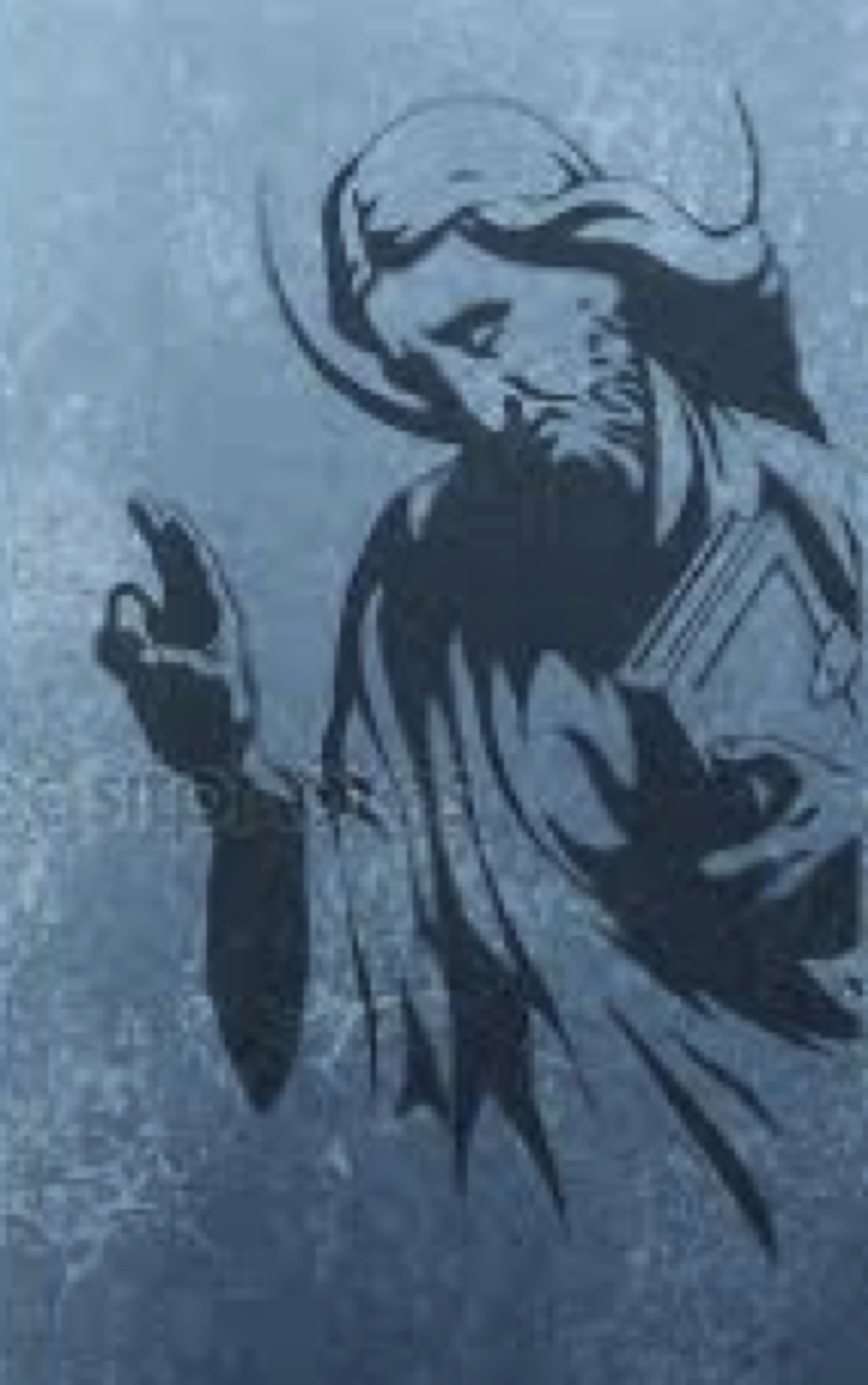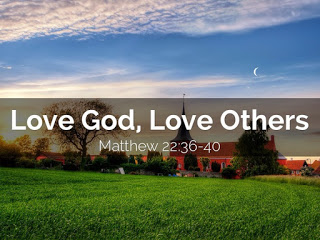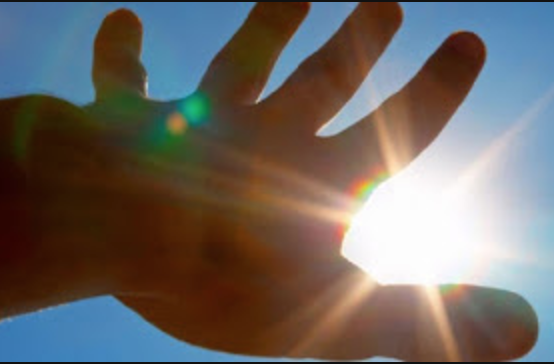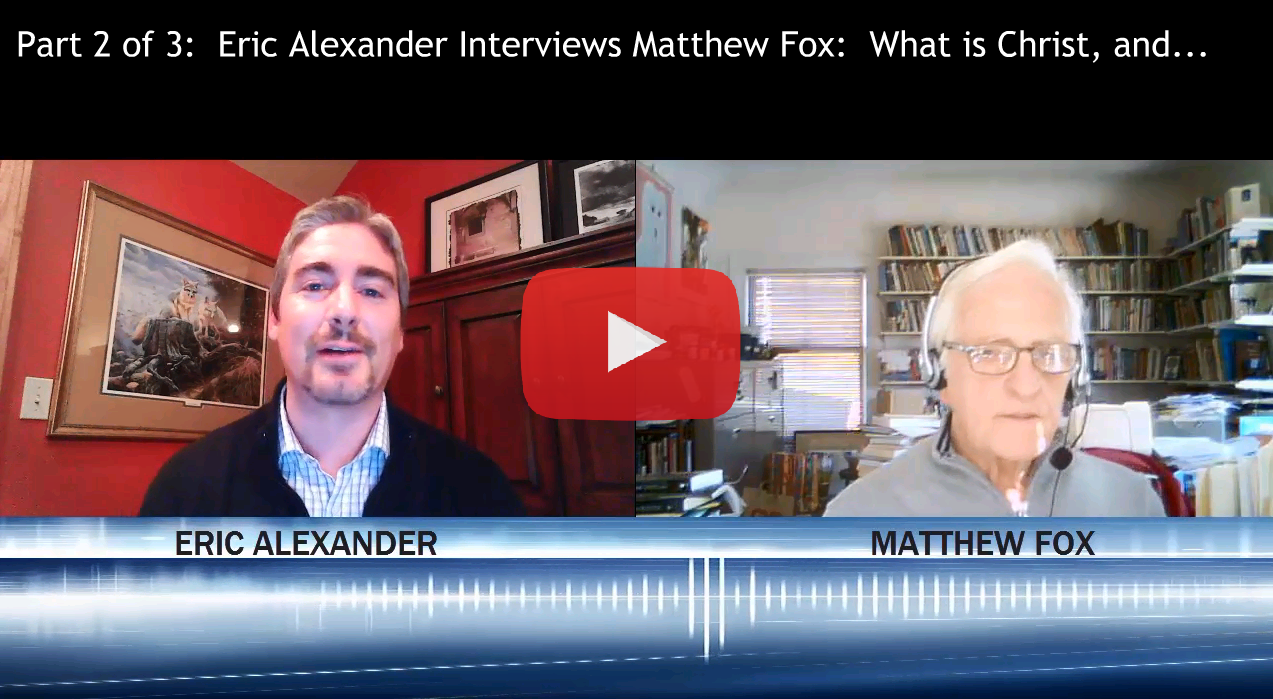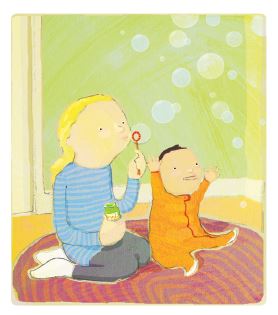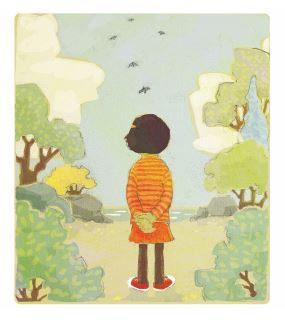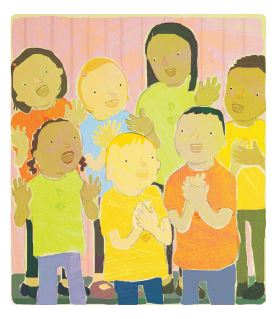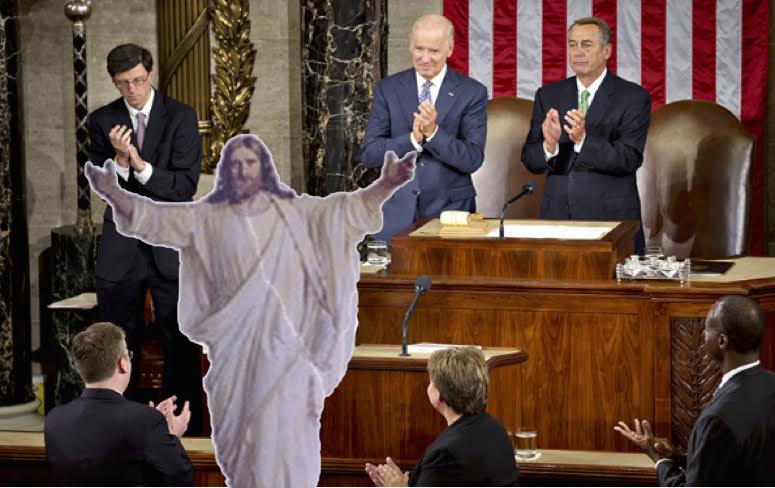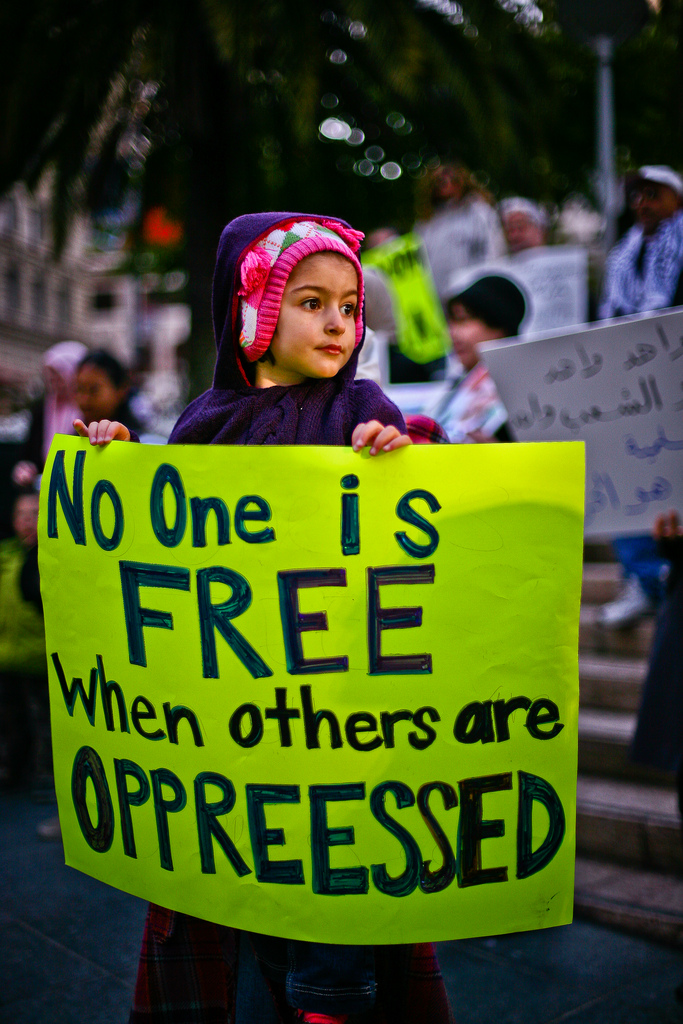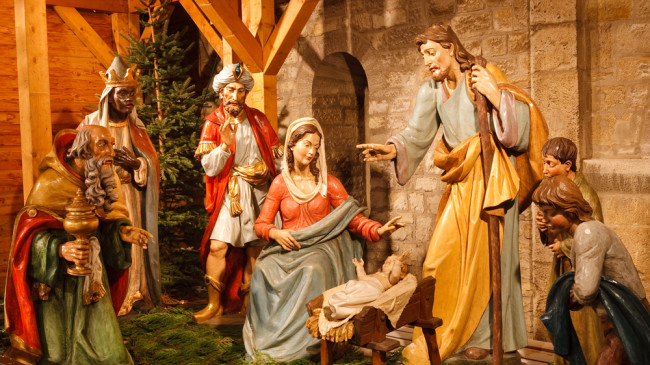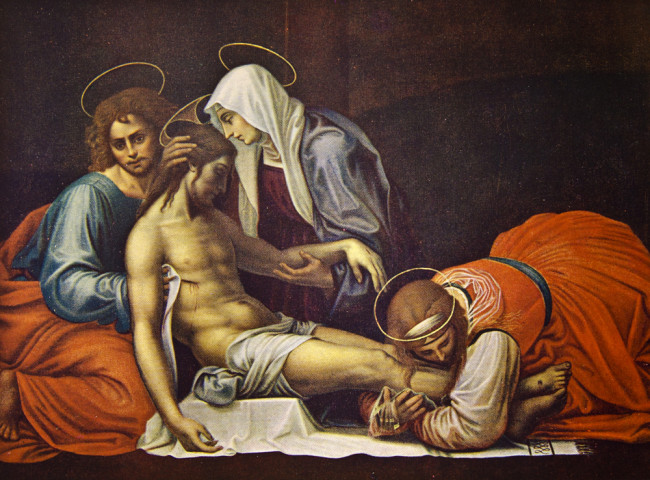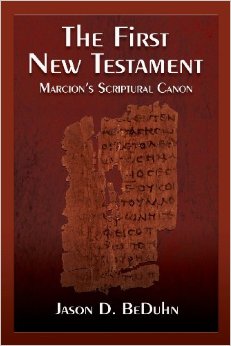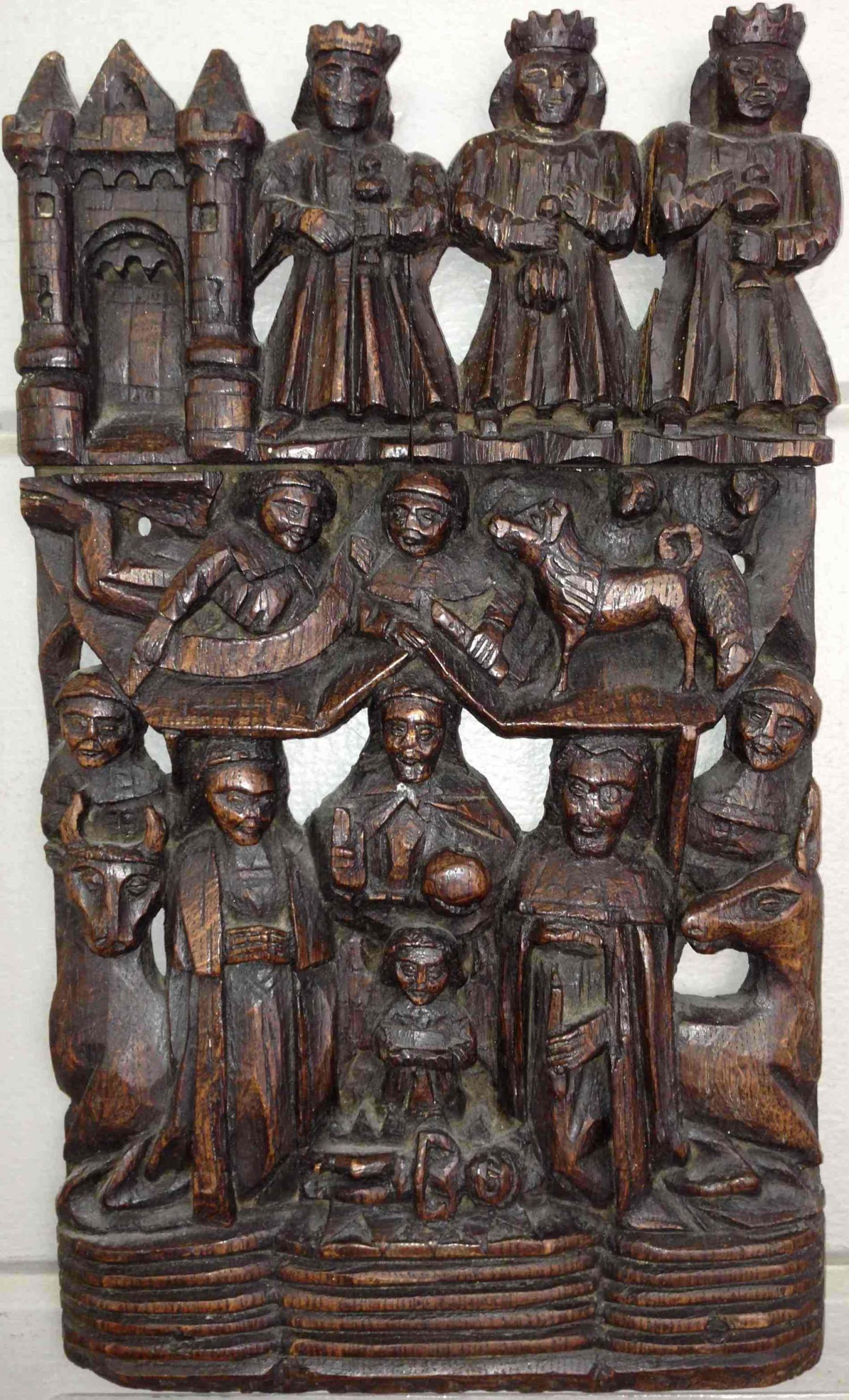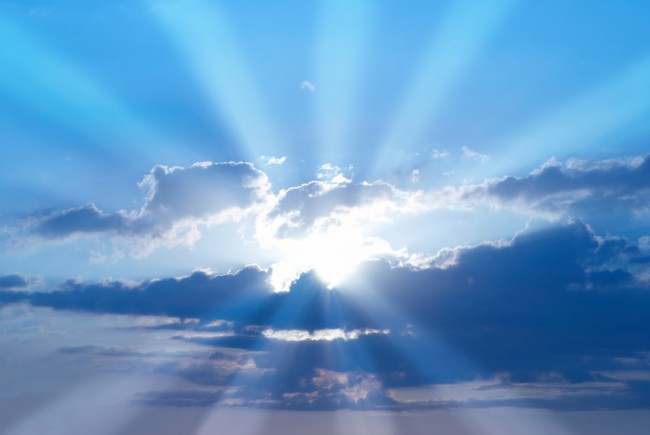As reactions to racial inequities have boiled over once again in recent days, the question is now repeatedly asked whether or not our country has at long last reached a tipping point? For those of us who are persons of white privilege, we are not guilty for the sins of our forebears, but we are responsible. We can’t change the past, but we can take hold of the present, and – for the sake of our national fabric that is so tattered and torn -- amend our lives and our social order, going forward. How?
How did we get here? All over the world people are marching in the streets proclaiming, “Black lives matter.” Millions have defied the fear of the corona virus, and taken their lives into their hands to venture out into the streets to protest the systemic racism that permeates institutions all over this planet.
Much of human life is spent in an illusory world that is mistaken for reality. The sun comes up each morning, runs its course, and day by day we fall into routines that we pretend will never end. When crises come, as we know they will, false confidence and phony optimism are shattered by calamity. Overwhelmed by anxiety and grief, we feel mistreated, betrayed, or helpless. Then comes the thought: “Am I all alone? Does God care?”
A sermon preached on the Second Sunday after Christmas – the readings for this sermon include: John 1:1-9, The Gospel of Thomas 70; Matthew 2:1-12.
If we pay attention, the Christmas story is a mirror held up for us to see that we live in a country where the government locks thousands of migrant children into dog cages, sexually abusing some, torturing others, and allowing many to die while the church is largely compliant and silent. And we seriously wonder if this government might actually win election approval from poor church goers in a few months. Merry Christmas?
This is what the Book of Revelation is really about. It's not about the end of the world, as such. It's about the destruction of the feudalistic, repressive, economic monolith which it calls “Babylon the Great”.
Sermon with Bishop Yvette Flunder
A Scripture reading from Matthew 5: 13 & a special guest sermon by Bishop Yvette Flunder.
The Problem with Blessings and Curses
“Have a blest day?” What in this world does that mean? Better luck or good karma, instead of bad? In the ancient world, denoting someone as “blest” was a way of expressing a deity’s special favor towards that person. If that sounds quaint, there are still plenty of people today who believe they can curry favor or improve the odds of achieving more blessings than curses; while politicians routinely conclude their speeches by invoking the Almighty to bless the good ‘ol USA. There’s just one problem. It doesn’t work.
– a sermon on the Parable of the Talents, Matthew 25: 14-30
We all know full well that millions and millions are suffering and dying and yet to protect ourselves we bury what has been given to us, because we are afraid of being consumed by the wicked master who will surely banish us into the darkness if we do not keep safe what we have been given. We dare not risk loosing anything at all, lest we end up in the outer darkness weeping and gnashing our teeth. So, for the most part we play it safe and we don’t take any risks and we spend our lives living in fear of that wicked master. If I had to draw a line between the wicked slave-master and some character, I wouldn’t have that line end up with God. Indeed, I’m sure that the wicked master is not God.
Part 4 of the series, What Makes a Christian?
Sometimes our greatest breach with Scripture is not when we outright contradict it--it's what we choose to prioritize, diminish or outright ignore. There is a time for everything under heaven (Ecclesiastes 3:1). We need to put first things first and second things second. Much of Christianity focuses on salvation plans and doctrinal ideas.
Part 2 in Series: What Makes A Christian?
It is amazing how often we fail a most basic mark of the faith. It is a downright scandal how rarely it is preached. It's questionable how directly our religious and moral practices stem from it. Yet if we believe the direct words of Jesus Himself--you know, God--the very ability of others to recognize our Christian identity is dependent on how we follow this. We gather in churches. We have elaborate worship and praise. And yet we barely give lip service to the first and foremost of the commandments. When we do, it is often to give exceptions--No, Jesus didn't really mean that. . . I'm talking about the Greatest Commandment--love God and love neighbor. Abundantly.
This coming week we have the opportunity to enact our faith with those fleeing violence and seeking sanctuary in our country. Doing so is how we can actually make Holy Week holy.
This is Part 2 of an interview between Eric Alexander and Matthew Fox. In this clip Eric asks what the word Christ means to Matthew, and whether that answer could reframe what it means to call oneself a Christian, and Matthew offers an insightful response.
It seems to be human nature to weigh down our hearts with the past and project our minds into the future. Jesus admonished his listeners to forgive, to love, to be merciful, and to give up worry about the future or the past, long before “living in the moment” was an over-used phrase. Every true spiritual teacher tells us that the joy we are seeking lies within our hearts now. The past cannot be changed. The future is unknown. Letting go of regrets and worries frees our energy to be focused on the infinite potential of the present moment. To make the choice to live joyfully in this moment is true freedom — the freedom to be who we are.
There is abundant love within each of us, but even when we try to act as messengers of love in the world, we often mess up the message. Like the old game of telephone, where a message is passed along and completely mixed up by the time it reaches the end of the line, we mix up divine love with our own desires, confusions, and misunderstandings and end up hurting one another. Then we must forgive. Getting children to say the words, “I forgive you,” is not enough. True forgiveness is inward and will actually remove the hurts we have from our hearts, like pulling weeds in a beautiful garden. Forgiving is not simply a gift we give someone who has wronged us, either; it is a step in our own spiritual growth that will enable our hearts to blossom as intended.
When we exclude others, we refuse to relate to realities different than our own, and we keep our experience defined in a way that is comfortable and familiar. If we want children to be inclusive, we have to help them redefine their experiences in a broader way. For instance, if older children exclude a younger child from a ball game because she can’t catch the ball, we can guide them to give her a special job that makes her feel part of the game. Finding a way to include her will expand their limited thinking. Scolding them for excluding her will most likely make them resentful, which leads to closing the heart. Accepting and coping with outward differences is an important step toward opening the heart to others. But to really include others in our reality, we must understand that despite apparent differences, there is only one self, one spirit, and one true reality, underlying all that is. The more children experience their own spiritual nature, the more they will recognize the one spirit in all.
The professor and mountaineer Ernest Gellner told of how he once became lost. No matter how he tried to follow his map, he could not find his way down the mountain. Then he realized that his map was of the wrong mountain.
Second in a Series exploring the relationship between one’s theological framework and political viewpoint …
Earlier this year the Prime Minister of Israel addressed a joint session of Congress. Last week, Pope Francis did the same. Many believed the former had a political ax to grind, and the latter a pastoral message with political points to preach. For many modern day Christians, Francis embodies many of the teachings and much of the life-style of the Galilean sage. Unless one believes in the highly speculative Second Coming, Jesus will likely never be invited by the Speaker of the House of Representatives to follow Benjamin and Francis, addressing our political leaders. But if we were to draw from the earliest available records of his theological – if not political – perspective, what might Jesus have to say to our elected government officials? Read more.
We know what to do. The Universal Declaration of Human Rights begins: “Whereas the peoples of the United Nations have in the Charter reaffirmed their faith in fundamental human rights, in the dignity and worth of the human person and in the equal rights of men and women and have determined to promote social progress and better standards of life in larger freedom.” Unitarian Universalists claim the “inherent worth and dignity of all humanity.” Christians claim the Apostle Paul’s ecstatic revelation that “You are no longer Jew or Greek, no longer slave or freeborn, no longer ‘male and female.’ Instead you all have the same status in the service of God’s anointed Jesus.” Leviticus 19:18 says, “Love your neighbor as yourself.” Jesus said, “Love your enemies.”
On the theme: The Tree, The Carol, the Child
Christmas is a time to move into the world of images and dreams, a time to allow the 'make believe' happen. Let us be still and reflective.
What can we learn from the Christmas story? I believe that just as Jesus seemed to be aware of the Divine Spark (or Christ) presence within him, which allowed him to love almost unreservedly and break boundaries, so too we are invited to see this Divine Spark within ourselves. God is literally with us. And isn't this what we need in today's world, where we see atrocities and tragedies such as the ones I listed above? If each of us were to acknowledge our inner divinity, and then recognize our neighbour's inner divinity - regardless of their religious beliefs or non-beliefs - would we then see larger stepping stones toward global peace?
The church as we know it came about when one group of believers was opposed by a dissenting group. Then it became necessary for each group to define their concepts of Christianity and to label all others heretics.
The terms faith and beliefs are sometimes used interchangeably, but I think it is useful to make a distinction between them. Beliefs are things you think are true, like “I believe in God.” “I believe that there is life after death.” These are improvable opinions (or they would be accepted by all as “facts”). A list can be made of beliefs.
Jesus was executed by the Romans and died a tragic death. But then afterward, we hear the voice of God’s messenger telling the women who had come to the tomb to anoint Jesus’ dead body with spices: “He is not here, He has been raised.” God validated and vindicated Jesus’ life, message, and ministry by raising him from the dead. God had not abandoned Jesus. God was with Jesus through the whole ordeal. And when we get to the end of Matthew’s Gospel the cosmic Christ tells the disciples, “I will be with you through everything, even until the end of the age.” The Really Real, the risen Christ, the cosmic Christ, the Holy Spirit (use whatever name you prefer) is with us through all of life, in times of joy and hope, and in times of pain and disappointment.
We all belong. We are each one a part of the Temple of God. Paul wants the church at Corinth to recognize that they all belong to one another, and that it is foolish to divide and polarize around certain leaders. Paul argues that there is no place in the church for petty jealousies and pride.
Celebrate our life together, giving birth in many ways; Father-Mother Love is with us, leading to a better day. Equal partners ‘round the table, family groups of every kind show us how to nurture kindness, new creation’s joy to find.
The church sign can be easily read by anyone driving by: “You can’t be a devoted follower of Jesus unless you are part of a local church.” Does the church that posts this sign not trust the people with Jesus’s message? What is the meaning of “incarnation” if not “embodiment” by individual persons of the spirit of the Christ? Is the “Body of Christ” for members only? The Apostle Paul created the metaphor of the “Body of Christ” as the community of followers. In 1 Corinthians 10:16-17, he explains the meaning of the ritually-shared meal: “The cup of God’s gracious benefits that we consecrate means that we are involved in the blood of the Anointed, doesn’t it? The bread that we break means that we are involved in the body of the Anointed, doesn’t it? That there is one loaf means that we who are many constitute one body, because we all partake of the one loaf.” In Romans 12:5 he says, “Just as each of us has one body with many parts that do not all have the same function, so although there are many of us, we are the Anointed’s body, interrelated with one another.”
The earliest version of the New Testament, now in English for the first time! History preserves the name of the person responsible for the first New Testament, the circumstances surrounding his work, and even the date he decided to build a textual foundation for his fledgling Christian community. So why do so few people know about him? Jason BeDuhn introduces Marcion, reconstructs his text, and explores his impact on the study of Luke-Acts, the two-source theory, and the Q hypothesis.
Part One in this series considered the notion of “God,” or “gods,” as the single most elusive idea the human imagination has ever concocted or tried to fathom. But we typically constrain ourselves, thinking only in theistic terms; and fashion our notion of “God” in an anthropomorphic image so we can more easily relate to the idea. We ascribe to such a being all kinds of desirable characteristics that might comprise this composite character. The Christian then proceeds to incarnate that idea with a Christology in which Jesus is typically construed as mediator and chief negotiator; to the extent such a savior is willing to atone for all our wretchedness and secure our own immortality in another existence. It’s all pretty fanciful stuff. But for those progressives for whom such a construct is no longer viable or credible, it is not simply a question of what remains amidst the theological rubble, but what more, or other, might yet be discovered? As such, we ask how we might speak of such things. What language might we use?
The God I Don't Believe In
When it comes to religion, Atheism is as good as any, since religion is simply about how you put some order in your otherwise chaotic world, and come up with a list of things you believe or disbelieve. The atheist and the theist both want to ask the same basic question: Do you believe in God or not? Often they are not interested in going much deeper than that. The oft-repeated response a famous preacher once gave to a religious skeptic went, “Tell me about the God you don’t believe in. Chances are I don’t believe in that kind of God either.”


